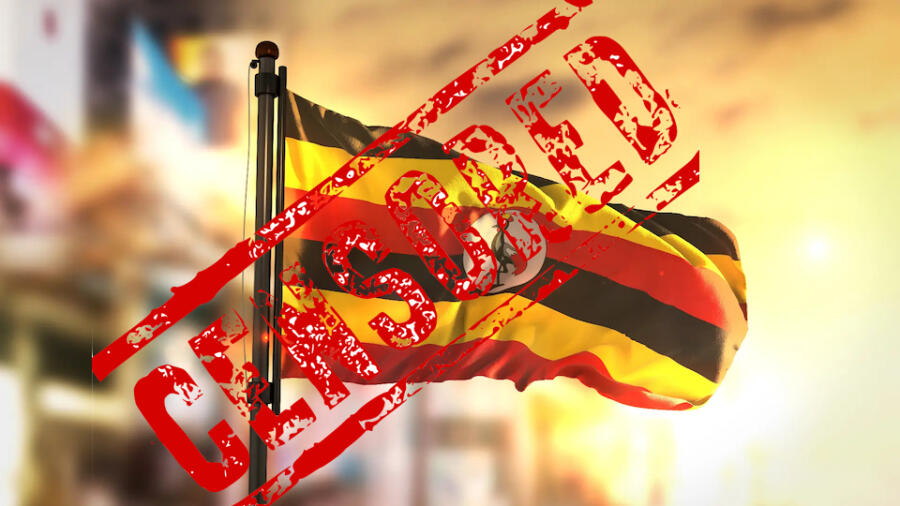
KAKAMEGA, Uganda — Ugandan police this weekend arrested seven women suspected of producing adult content.
Agents from the Directorate of Criminal Investigation (DCI) raided an apartment and confiscated “alleged pornographic materials and electronic devices,” including laptops, desktops, sex toys and “cameras perceived to be used in shooting pornographic content,” the local Standard Media reported.
“Our officers were able to arrest the suspects and they are currently in our custody pending further investigations,” said Kakamega County Police Commander Joseph Kigen, who then “forwarded the devices recovered for forensic analysis to establish whether the materials were being used for shooting pornographic content,” the Standard Media noted.
“We are waiting for results from our laboratory on the analysis of the devices our police impounded so that we can continue with our investigations to establish the motive behind the incident and its extent,” Kigen added.
Kigen also dismissed claims that the seven women were students from local colleges, explaining that “the institutions have sent representatives here to identify the suspects and it turned out that they are not students.
An Extreme Example of Anti-Porn Panic Used for Political Gain
Uganda’s current extreme prohibition of producing, distributing or watching adult content is the result of a moral panic campaign fueled by U.S. evangelical activists, including International House of Prayer (IHOP) and Exodus Cry, in the 2010s.
Like several policy-makers among U.S. religious conservatives, the Ugandan government espouses a zero-tolerance policy for adult material and sex work.
In 2017 Reuters reported that President Yoweri Museveni — who seized power in 1986 — was using a campaign against online porn”as a diversion from deeper problems of graft, unemployment and crumbling social services.”
The campaign was part of “a culture war between conservatives fighting what they see as foreign moral influences promoting criminality and a more liberal, often younger population,” reuters reported.
Museveni’s Minister of Ethics and Integrity, Catholic priest Simon Lokodo called adult content, “an invasion — it’s Western culture.”
“Over consumption of pornography — the consequences are very dire,” Lokodo told Reuters.
The government gave Lokodo’s ministry half a million dollars “to combat online pornography and fund pornography-blocking software.”
A year later, the Ugandan government claimed to have a mysterious device that could scan citizens’ devices and detect if they had accessed adult content.
Last April, Ugandan police arrested LGBTQ+ activists alleging they were “porn actors” only days after Museveni described gay people as “deviants” and called for an investigation into homosexuality in general.
Andrew Karamagi, a rights activist and lawyer in Kampala told Reuters in 2017 that the Museveni regime “does not have the moral authority to combat pornography” because “they are themselves an obscenity.”
